Trump economic adviser defends Taiwan phone call: 'If China doesn't like it, screw 'em'
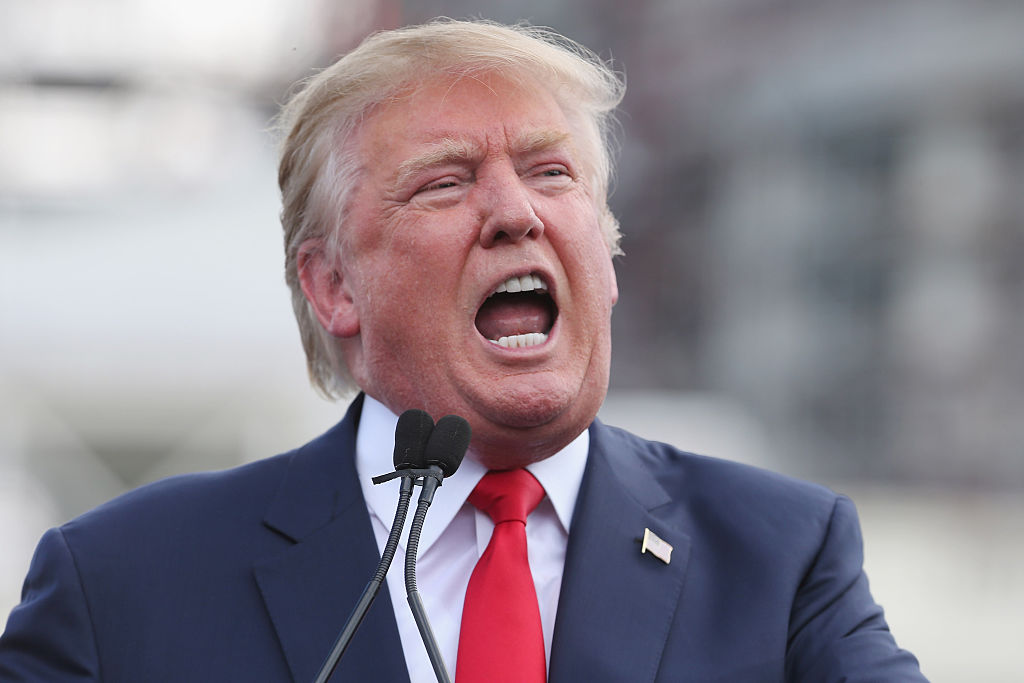
Stephen Moore, economic adviser to President-elect Donald Trump, couldn't care less about what China thinks. In an interview on the Chicago-based Big John and Ray radio show, Moore applauded Trump's controversial phone call with Taiwan on Friday — even if it does rock the boat on U.S. relations with China. "I love the fact that Trump did that," Moore said. "Too many mamby-pamby people in the foreign policy shop are saying, 'Oh my gosh we can't do this, we might insult the Chinese.' I don't care if we insult the Chinese!"
When Trump spoke with Taiwan's president, he broke with the decades-long U.S. policy against officially recognizing Taiwan's government as an entity separate from China's governing body. Beijing considers Taiwan to be a province of the mainland. On Monday, White House Press Secretary Josh Earnest credited the One-China policy with "preserving peace and stability in the Strait" and argued the policy benefits both the U.S. and Taiwan — especially as China is projected to overtake the U.S. as the world's largest economy by 2018.
But Moore seemed to suggest Trump's support of Taiwan is what would really be beneficial. "Taiwan is our ally," Moore said. "That is a country that we have backed because they believe in freedom. We ought to back our ally, and if China doesn't like it, screw 'em."
Subscribe to The Week
Escape your echo chamber. Get the facts behind the news, plus analysis from multiple perspectives.

Sign up for The Week's Free Newsletters
From our morning news briefing to a weekly Good News Newsletter, get the best of The Week delivered directly to your inbox.
From our morning news briefing to a weekly Good News Newsletter, get the best of The Week delivered directly to your inbox.
Catch the rest of Moore's interview below. Becca Stanek
Sign up for Today's Best Articles in your inbox
A free daily email with the biggest news stories of the day – and the best features from TheWeek.com
-
 5 invigoratingly funny cartoons about healing the economy
5 invigoratingly funny cartoons about healing the economyCartoons Artists take on surgical precision, going under the knife, and more
By The Week US Published
-
 Adjapsandali: Georgian-style ratatouille recipe
Adjapsandali: Georgian-style ratatouille recipeThe Week Recommends Twist on the authentic recipe offers bursts of garlic and spices
By The Week UK Published
-
 Gaza: the killing of the paramedics
Gaza: the killing of the paramedicsIn the Spotlight IDF attack on ambulance convoy a reminder that it is 'still possible to be shocked by events in Gaza'
By The Week UK Published
-
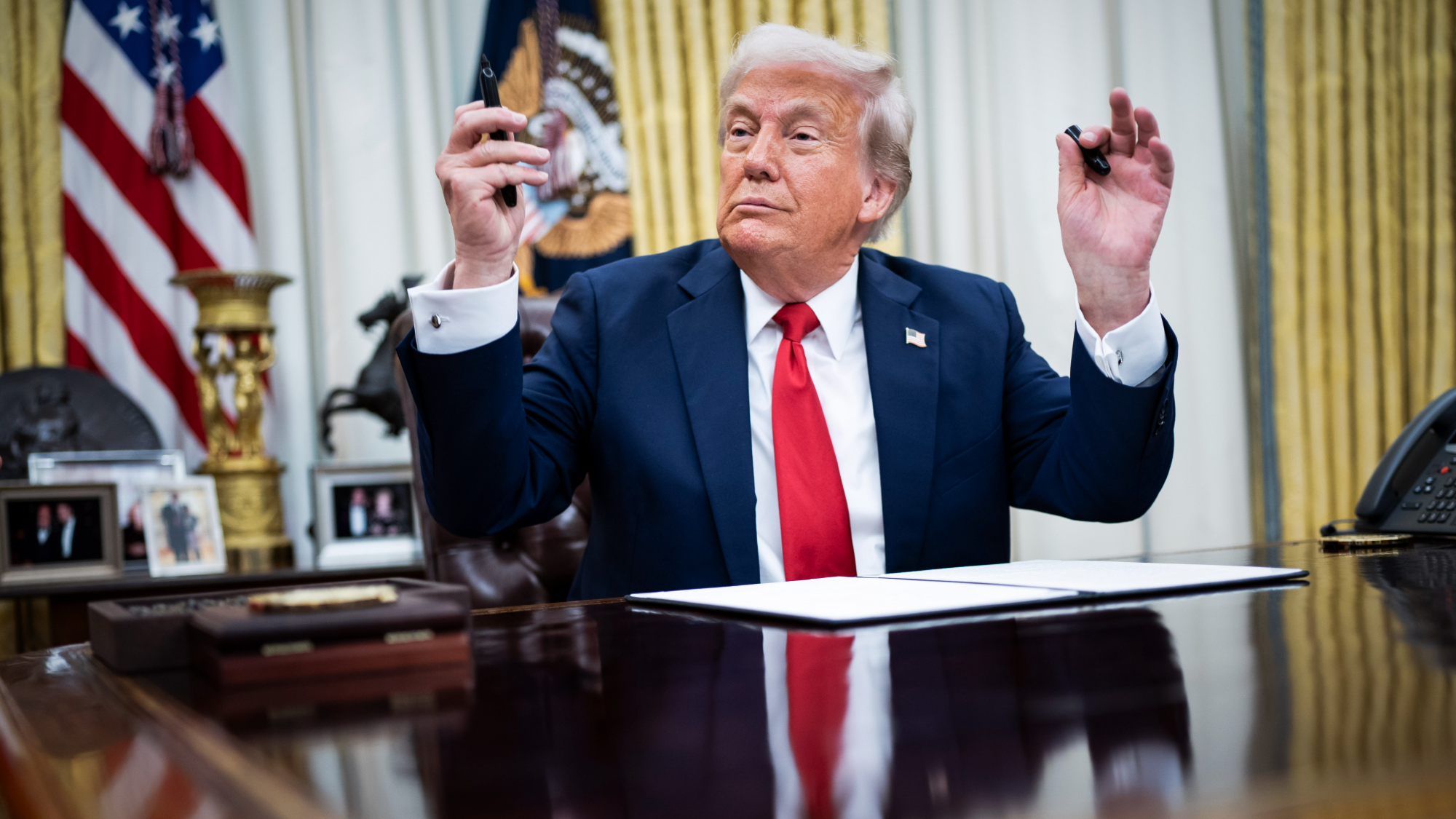 Markets notch worst quarter in years as new tariffs loom
Markets notch worst quarter in years as new tariffs loomSpeed Read The S&P 500 is on track for its worst month since 2022 as investors brace for Trump's tariffs
By Peter Weber, The Week US Published
-
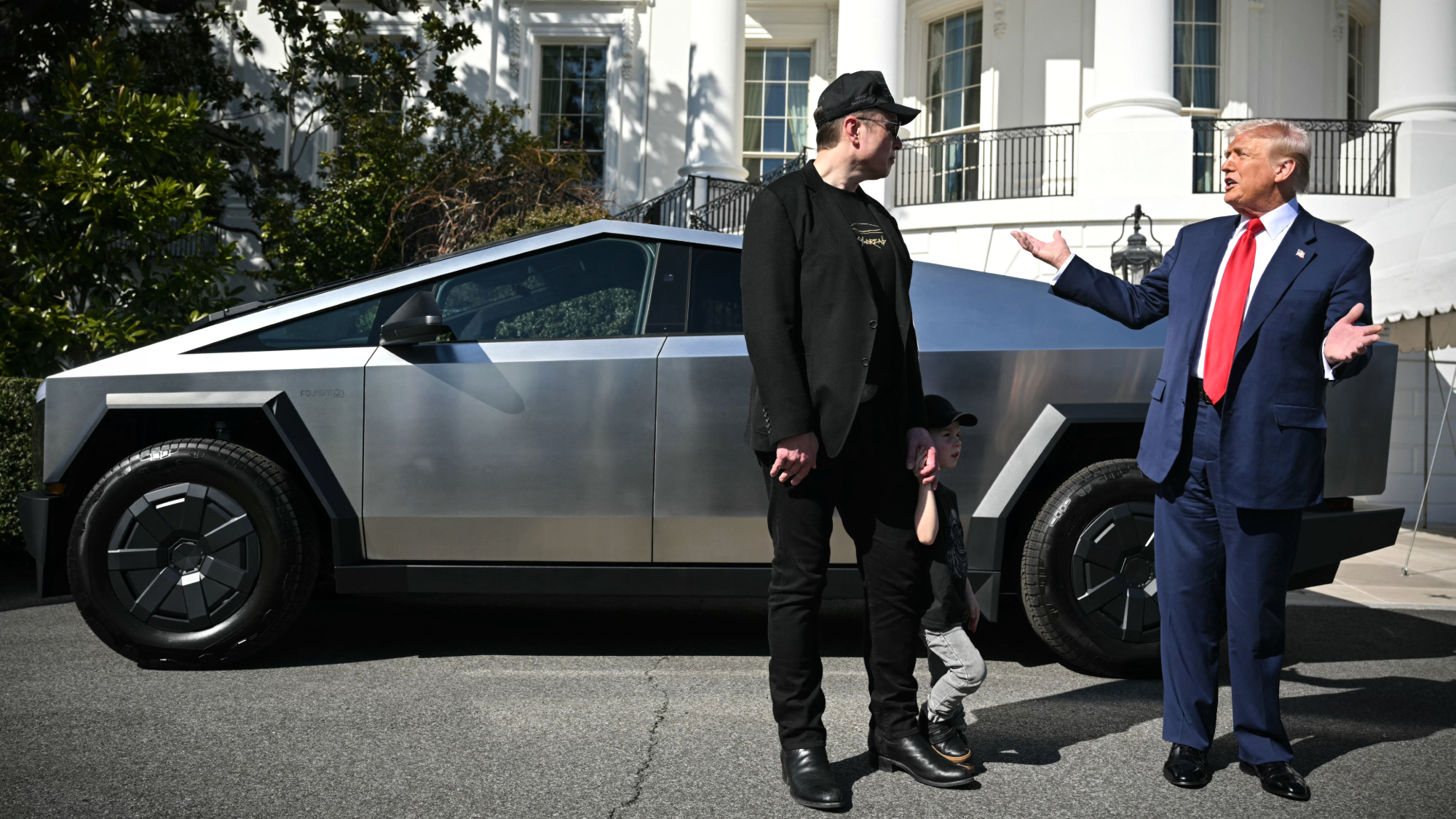 Tesla Cybertrucks recalled over dislodging panels
Tesla Cybertrucks recalled over dislodging panelsSpeed Read Almost every Cybertruck in the US has been recalled over a stainless steel panel that could fall off
By Justin Klawans, The Week US Published
-
 Crafting emporium Joann is going out of business
Crafting emporium Joann is going out of businessSpeed Read The 82-year-old fabric and crafts store will be closing all 800 of its stores
By Peter Weber, The Week US Published
-
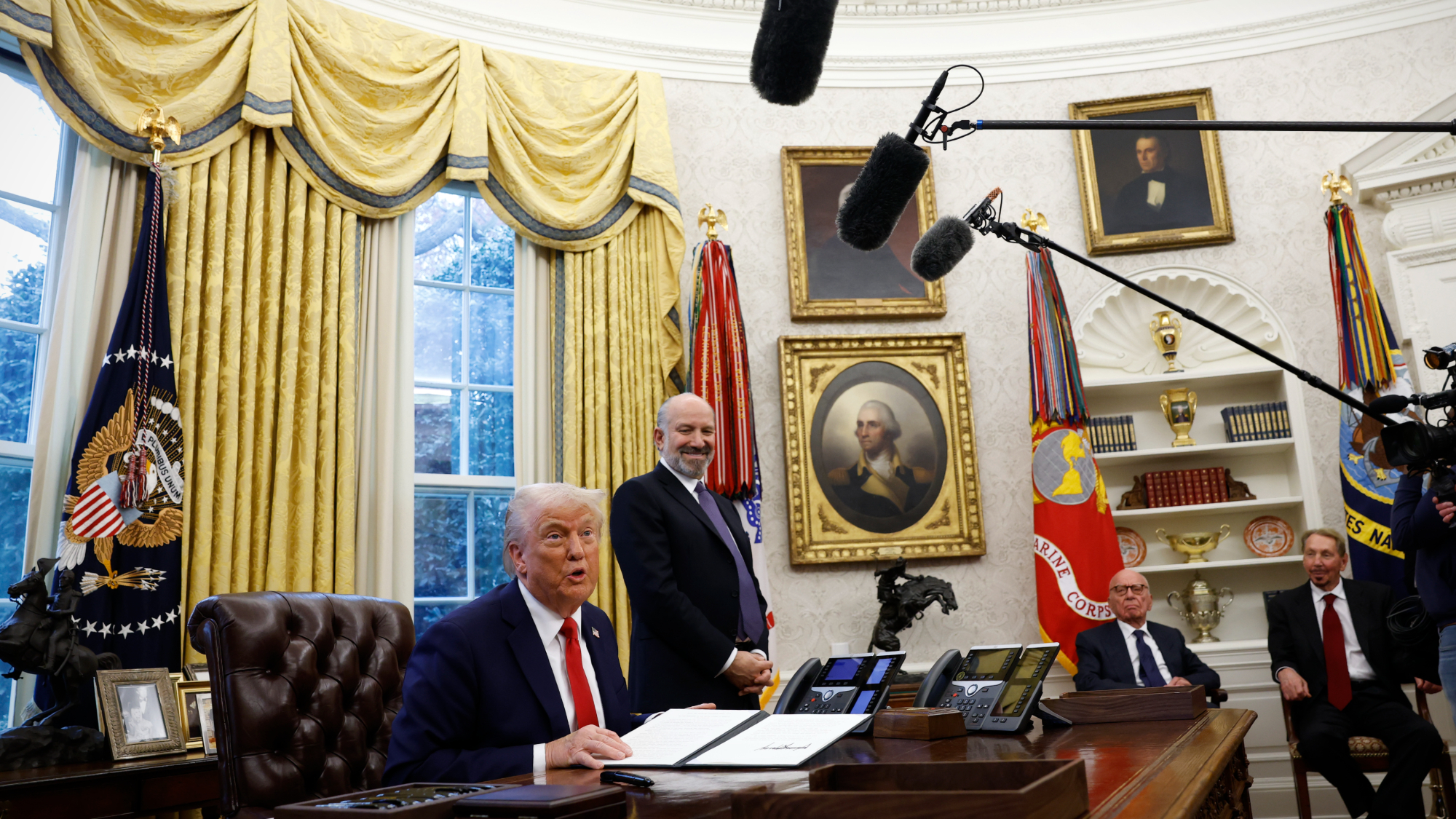 Trump's China tariffs start after Canada, Mexico pauses
Trump's China tariffs start after Canada, Mexico pausesSpeed Read The president paused his tariffs on America's closest neighbors after speaking to their leaders, but his import tax on Chinese goods has taken effect
By Peter Weber, The Week US Published
-
 Chinese AI chatbot's rise slams US tech stocks
Chinese AI chatbot's rise slams US tech stocksSpeed Read The sudden popularity of a new AI chatbot from Chinese startup DeepSeek has sent U.S. tech stocks tumbling
By Peter Weber, The Week US Published
-
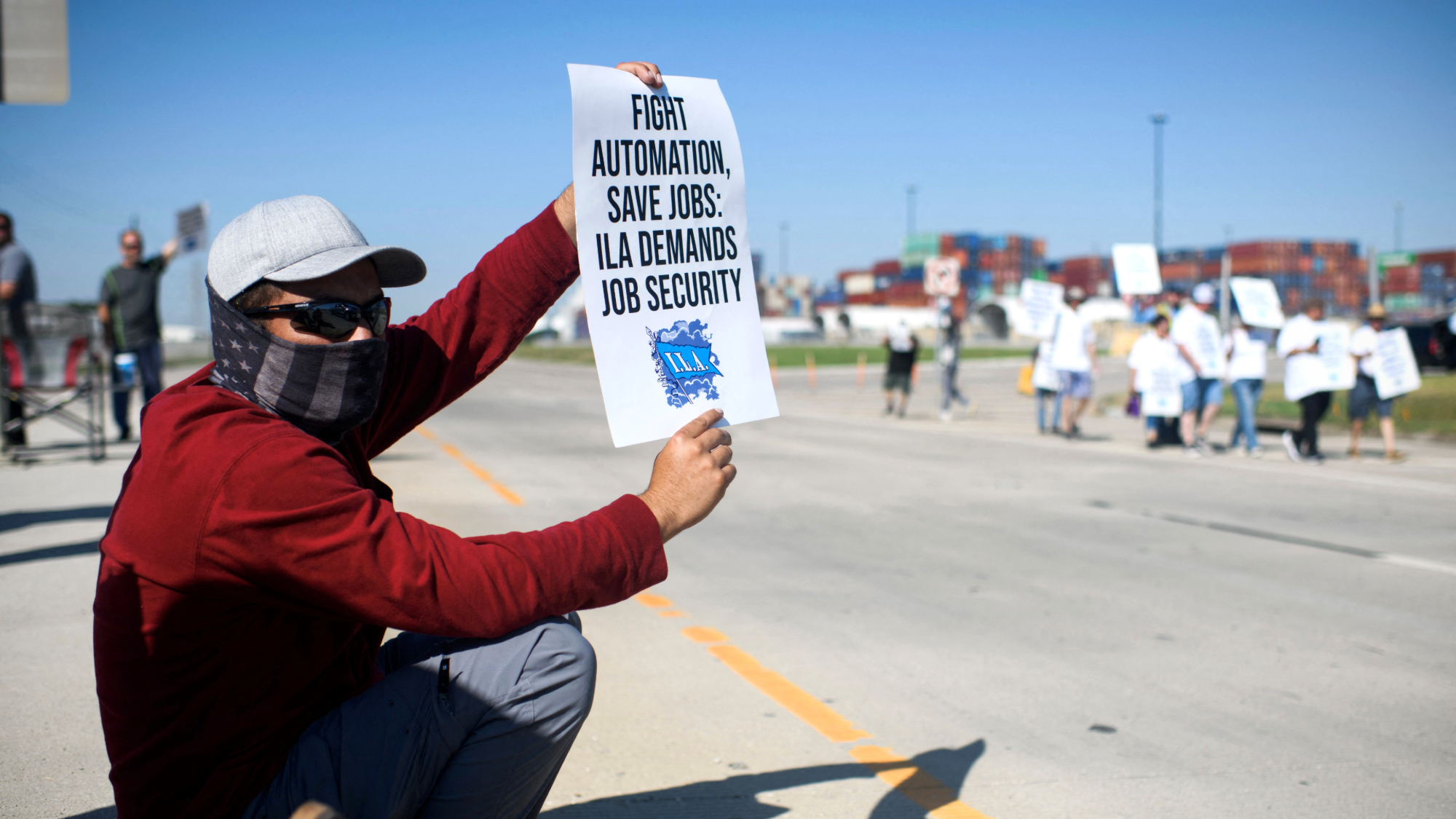 US port strike averted with tentative labor deal
US port strike averted with tentative labor dealSpeed Read The strike could have shut down major ports from Texas to Maine
By Peter Weber, The Week US Published
-
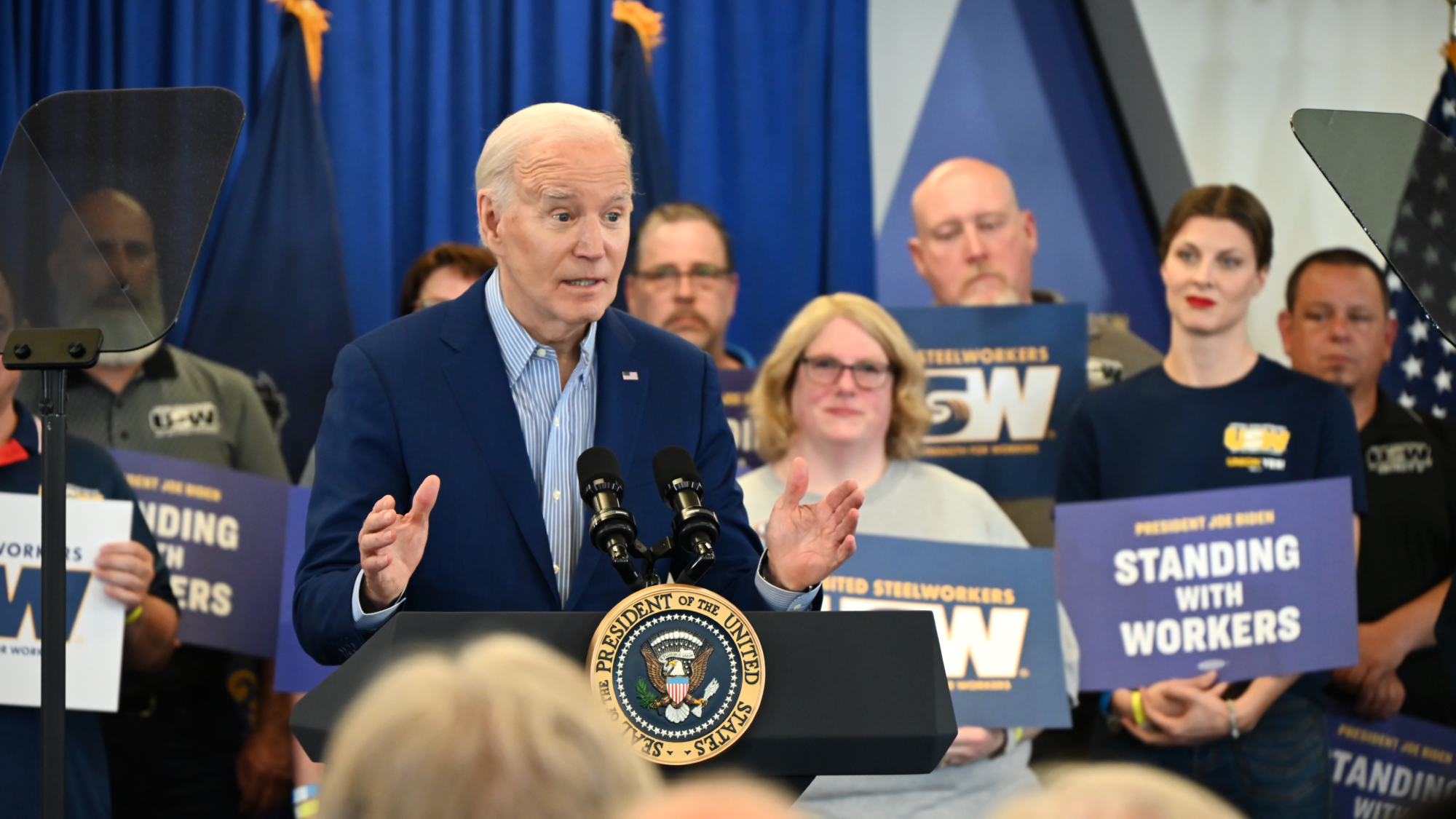 Biden expected to block Japanese bid for US Steel
Biden expected to block Japanese bid for US SteelSpeed Read The president is blocking the $14 billion acquisition of U.S. Steel by Japan's Nippon Steel, citing national security concerns
By Peter Weber, The Week US Published
-
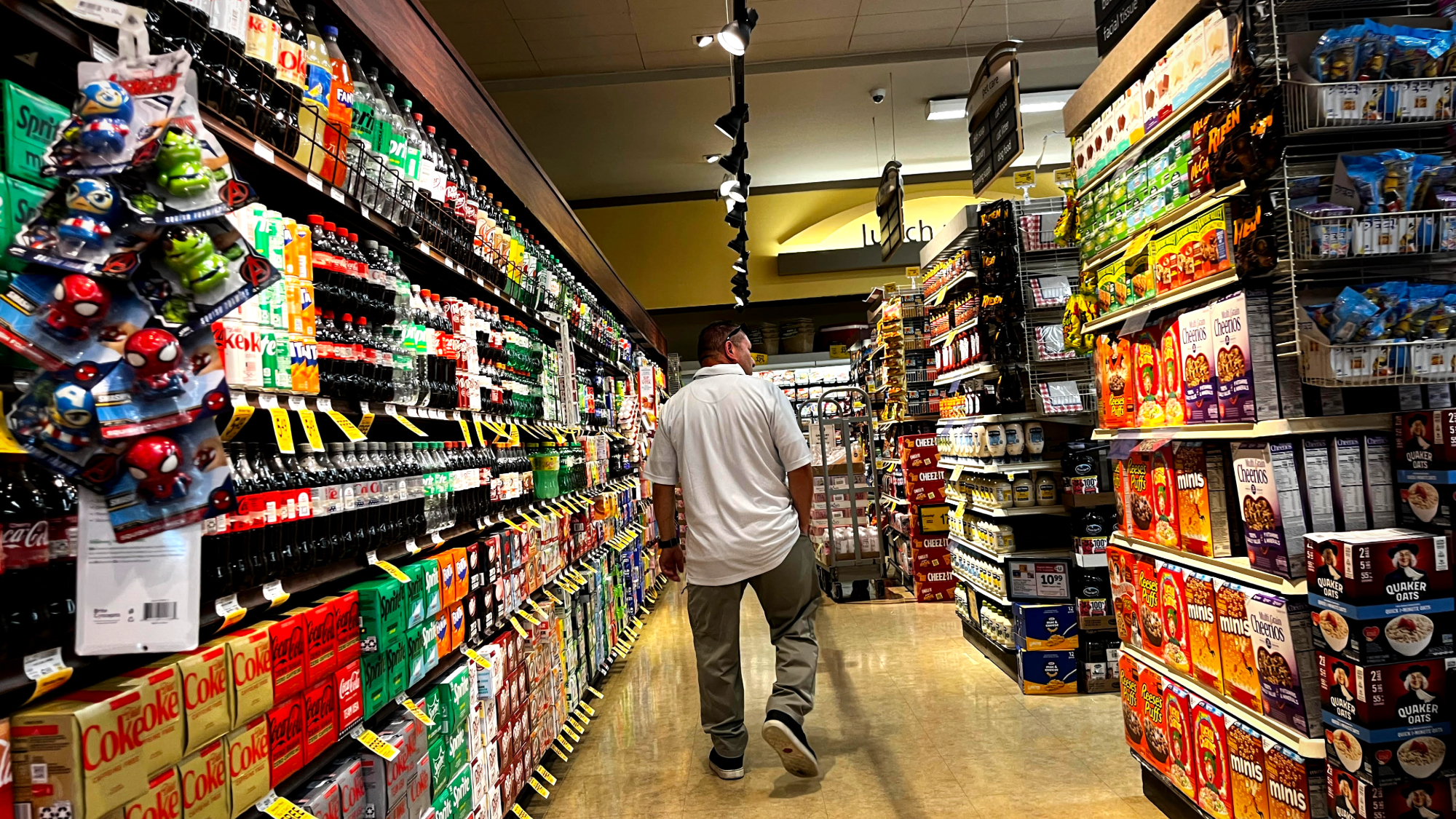 Judges block $25B Kroger-Albertsons merger
Judges block $25B Kroger-Albertsons mergerSpeed Read The proposed merger between the supermarket giants was stalled when judges overseeing two separate cases blocked the deal
By Peter Weber, The Week US Published